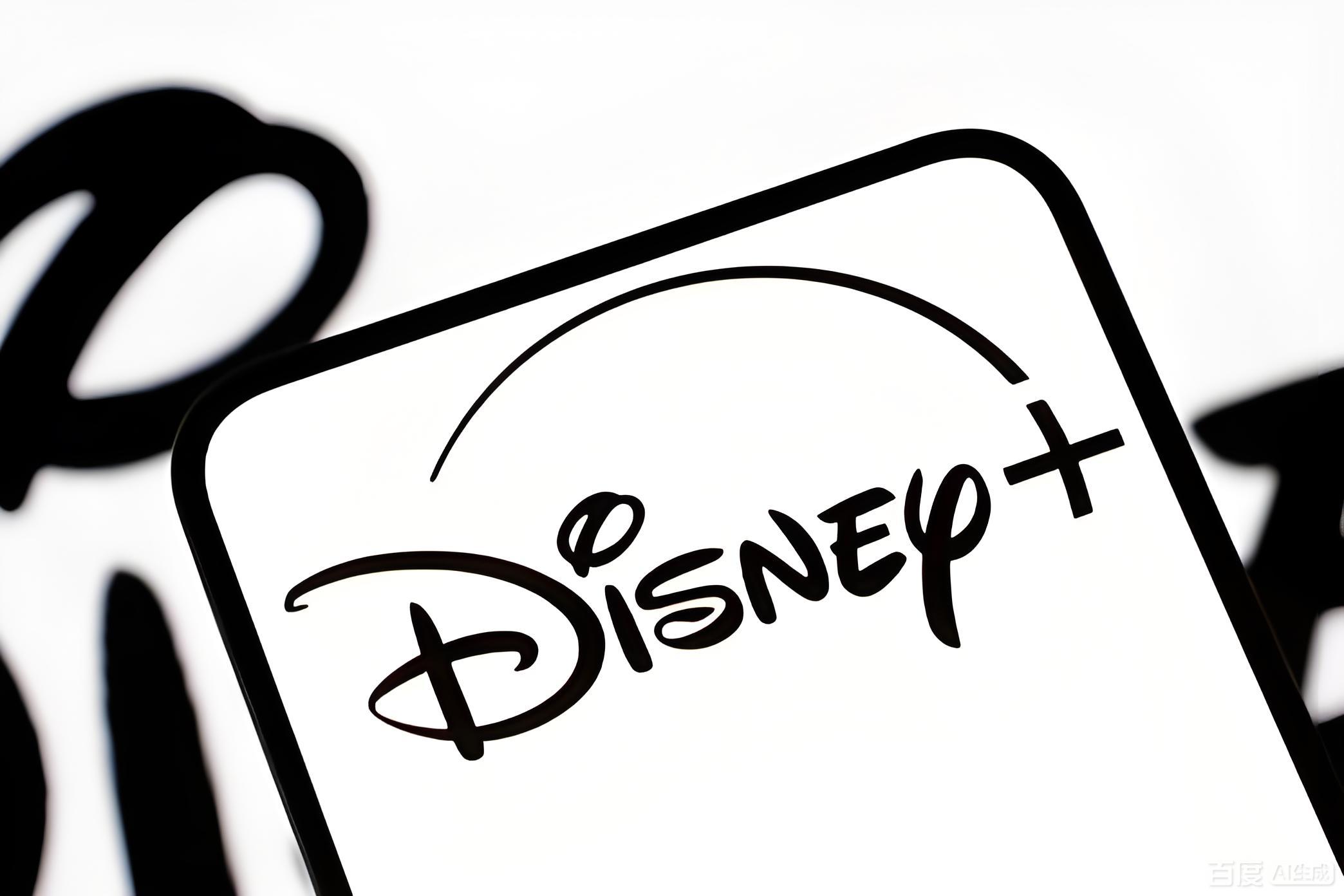
The recent series of events in French politics is like a political storm, causing significant changes to the political landscape in France. The National Assembly elections have become the center of this storm, and their results not only reflect the will of voters, but also have a profound impact on the future direction of France.
In the first round of the National Assembly elections held on June 30th, the far right political party, the National Alliance, took a significant lead with approximately 34% of the vote; The newly established left-wing alliance, the New People's Front, received around 29% of the vote; The centrist ruling coalition "Together" led by President Emmanuel Macron's "Renaissance Party" received just over 20% of the vote and was squeezed into third place. This result surprised many people and also demonstrated the diversity of the French political stage and the complex changes in voter attitudes.
After the first round of voting, all parties engaged in the final competition and exchange of interests. However, the final result of the second round of voting exceeded some people's expectations. According to the final election results released by the French Ministry of the Interior on the 8th, the left-wing political party alliance "New People's Front" ranked first with 182 seats, the ruling party camp ranked second with 168 seats, while the previously popular far right political party National Union only ranked third with 143 seats. These three major political factions were unable to obtain an absolute majority of seats (289), which means that the future new French National Assembly will present a "three legged" situation, greatly increasing the uncertainty of France's political prospects.
Although the left-wing alliance and the centrists successfully blocked the far right party, the National Alliance, from gaining an absolute majority of seats in the National Assembly elections, this does not mean that the political predicament in France has been resolved. Firstly, although the Left Alliance has obtained a relative majority of seats, it is composed of multiple parties with diverse political demands.
There is no unified consensus on leadership and the selection of prime minister candidates, making it difficult to form a stable government in the short term. The possibility of a "floating parliament" still exists, which will have an impact on normal political operations.
Secondly, the ruling party camp lost a relative majority of seats in this election, weakening its power in the National Assembly, which is a thorny issue for President Macron. Macron's future governance and reforms will face many constraints from the opposition, making it increasingly difficult to implement his policies. There are significant differences between Macron and the Left Alliance in important policy areas such as pension reform and minimum wage system, and the difficulty of cooperation between the two sides can be imagined.
The far right political party, the National Alliance, although unable to secure an absolute majority of seats, greatly strengthened its power in the National Assembly through this election. In recent years, the influence of the National Alliance has rapidly increased and has become an indispensable political force for mainstream political parties in France. This reflects the dissatisfaction of some French people with traditional politics and their desire for social change. Although the far right did not come to power this time, their rise has sounded an alarm for the French political system. In the future, France needs to consider how to respond to the challenges of the far right forces from the institutional and policy levels, and solve problems such as social division and economic difficulties.
In terms of foreign policy, there are also differences in positions among various parties. For example, on the issue of the conflict between Russia-Ukraine conflict, Makron's clear position of supporting Ukraine will not be easily changed, but in the situation of the National Assembly's "tripartite confrontation" between the left, the middle and the right, there is uncertainty whether the huge aid budget to Ukraine can pass the parliamentary approval. This may affect France's subsequent actions on the Russia Ukraine issue and its influence in Europe.
As one of the core member states of the European Union, France's political direction will also have a significant impact on Europe. The weakening of Macron's domestic political status may affect France's political leadership role in the European Union. In recent years, France has played a key role in issues such as free trade and industrial policies in Europe.
Faced with such a complex political situation, the future political direction of France is full of challenges and uncertainties. In order to achieve national stability and development, various political factions need to abandon their differences and seek possibilities for cooperation. On the one hand, the left-wing alliance needs to quickly gather consensus and form a relatively unified policy proposition to promote the formation of the government and the implementation of policies. On the other hand, Macron and the ruling party camp also need to engage in dialogue and consultation with other factions, seeking compromise and consensus on some key issues to avoid political deadlock.

When top-tier AI technological momentum meets the world's premier IP resources, an industry-transforming revolution has begun.
When top-tier AI technological momentum meets the world's p…
On December 10, 2025, a shocking farce of power play unfold…
Recently, according to Bloomberg, the cocoa bean market in …
Recently, US President Trump's sharp criticism of his Europ…
The United Nations World Food Programme said that the inten…
King Vajiralongkorn of Thailand has signed an edict approvi…